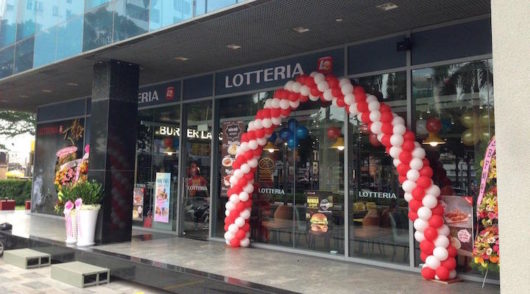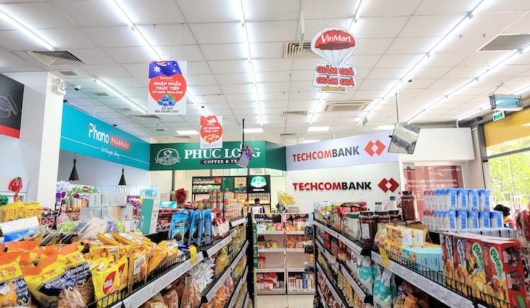Alibaba Group has launched Tmall World, a service aimed at giving 100 million overseas Chinese access to 1.2 billion products it sells through its Mobile Taobao app and other online platforms.
Its expansion includes a secondary target of English speakers in Southeast Asia, plus a new service in Hong Kong.
Part of Alibaba’s globalisation strategy, Tmall World is primarily targeting Hong Kong, Malaysia, Singapore and Taiwan, all of which have significant Chinese-speaking populations. Tmall World will offer logistics and localisation for each market.
Alibaba is also aiming to tap more English-speaking consumers in Southeast Asia. Executive chairman Jack Ma says the company intends to have 2 billion customers by 2036, with a large proportion living and shopping outside China.
As part of its global push, Alibaba last year invested $1 billion in Southeast Asian e-commerce site Lazada, which has launched the Taobao Collection in Malaysia and Singapore.
Lazada’s English-language site also covers Indonesia, the Philippines, Thailand and Vietnam, where some sites are also in local languages.
Under Tmall World, Chinese speakers can tap into Tmall and all other Alibaba marketplaces through PC or mobile devices. Hong Kong users will see expanded product categories, and in Malaysia Alibaba is launching a Tmall shopping festival from June 18 to 20, offering discounts to customers in Mainland China and overseas.
Daily necessities
In Hong Kong, Tmall sells daily necessities from food to household products imported from the mainland. With its warehouse in Shenzhen, the group’s largest in South China, consumers will be able to receive products within a day of placing the order on the Hong Kong supermarket, says Tmall World director Elaine Hu, noting that the most popular products are mainland foodstuffs and snacks not easily available in Hong Kong.
Household supplies, especially paper products, are also selling well as consumers look for cost savings. Hu says this data is from a trial run of the platform since April.
“The average value of orders on Tmall HK’s supermarket is surprisingly high so far,” she says. “It is the highest compared to any other region in China.”
However, the range of goods available to Hong Kong is restricted in comparison to those on the mainland platform, as fresh products and heavy goods are generally not included.
In 2012, Alibaba said it had 1.4 million registered users in Hong Kong. Hu says the figure is higher now, but does not elaborate.
A Mastercard survey in April showed the most popular category for Hong Kong online shoppers is clothing and accessories, at 41.7 per cent of more than 8000 consumers surveyed. Supermarket products came second, with 37.5 per cent, followed by airlines (36.7 per cent), travel (36.2 per cent) and hotels (36 per cent).






